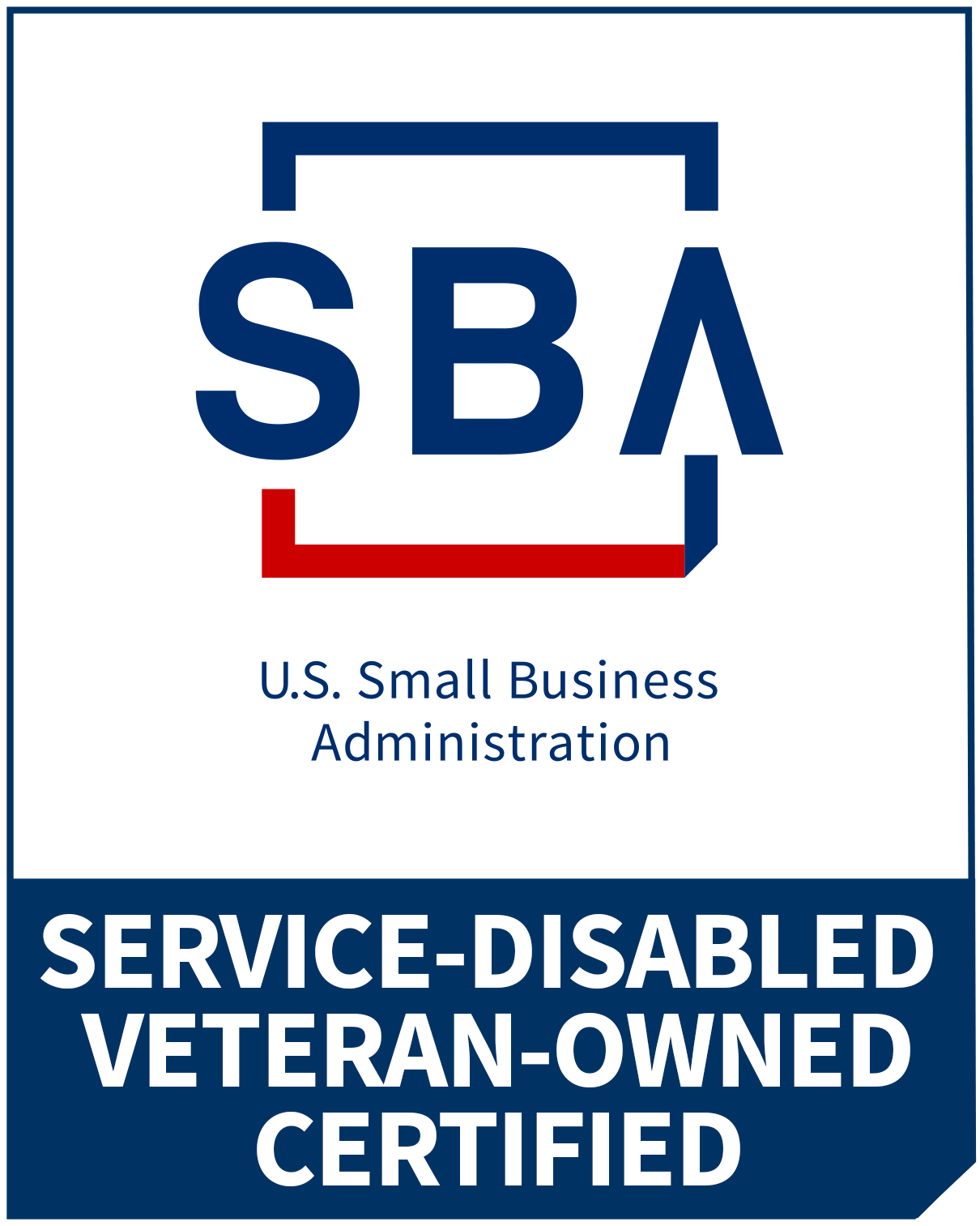A friend of mine was ribbing me the other day about the Net Promoter System and how I’m a pretty ardent critic, or at least questioner of it…not least because I think there’s a better approach (hint: It has to do with the proper purpose of doing CX in the first place).
He said, “Z, why do you hate NPS so much? Don’t you think there’s anything redeeming about it?” Now, in fairness, I don’t “hate” NPS. I’m not a fan, but that’s basically for two reasons: 1) people use it/do it wrong, and 2) it’s not strategically tied to their CX programs in the first place. The former reason can be applicable to any top-level KPI people use, not just for CX but for many other business operations. We could revisit Goodhart’s Law, but I’d be a broken record with regard to goals and metrics. Moreover, without any sort of deeper reflection on why scores are what they are, the scores themselves are of little use. But that goes not just for NPS, but C-SAT, Customer Effort Score, or anything else, frankly.
The second reason is a little more directly critical of NPS but might also apply even if someone’s using a different CX KPI: If it’s only being used for comparison to others in your industry, or otherwise just because that’s what everybody is doing, or what you’ve always done, then, um, why? If you’re going to ask your Customers for the incredible gift of their feedback, it should at least be in such a way that it offers insights into how you can improve on delivering your Brand Promise, not just some throw-away boilerplate standardized ranking that really doesn’t have much to do with why you have a CX program in the first place. If there’s no connection between the questions you are asking your Customers when you survey them and your overall CX strategy, any question will get you there, because there’s nowhere you’re really going anyway.
But my friend persisted: “When should you use NPS?”
I thought about it, and I think that in fact there is a proper use of NPS: When your marketing and sales strategy is focused in large part on Word Of Mouth. The likelihood to recommend question never did make any sense when it comes to fulfilling your Brand Promise. Then again, if there was no strategic reason for you to do CX in the first place, that question may have seemed just as logical as any other, right? And if you got some slick CX consultant to come in and convince you that this magical NPS thing is directly tied to sales and revenue figures, well I can understand. But let’s not kid ourselves that that has anything to do with “doing” CX, let alone Getting it Right.
So, if NPS is really all about marketing and sales, well let’s leave it to that part of your business. Think likelihood to recommend is some sort of fantastic view into something? Okay, Captain. Put your money where your mouth is and let’s see how that word-of-mouth marketing is really paying off. Meanwhile, leave your CX program to measure things that are pertinent to its goal: Driving Brand Alignment. On the other hand, use NPS and the likelihood to recommend to determine how efficacious that word-of-mouth program is: Tell your Customers to tell all their friends. That’d be helpful to your CMO and CRO and Head of Sales. The funny thing is, I imagine they’d be the first to tell you that, well, that’s not all that helpful from a marketing perspective either, necessarily.
But I guess that’s a whole ’nother ball of wax for your marketing department.




